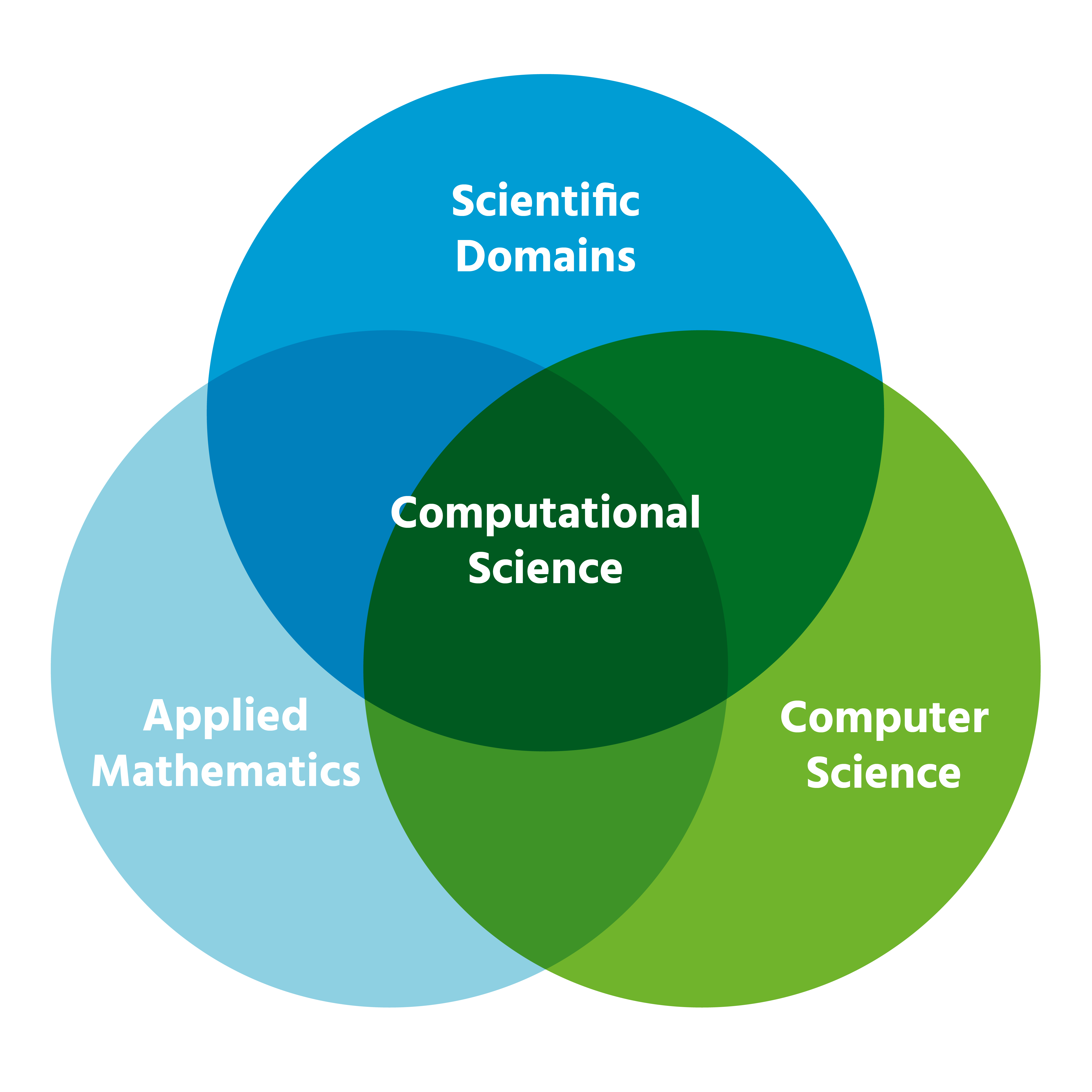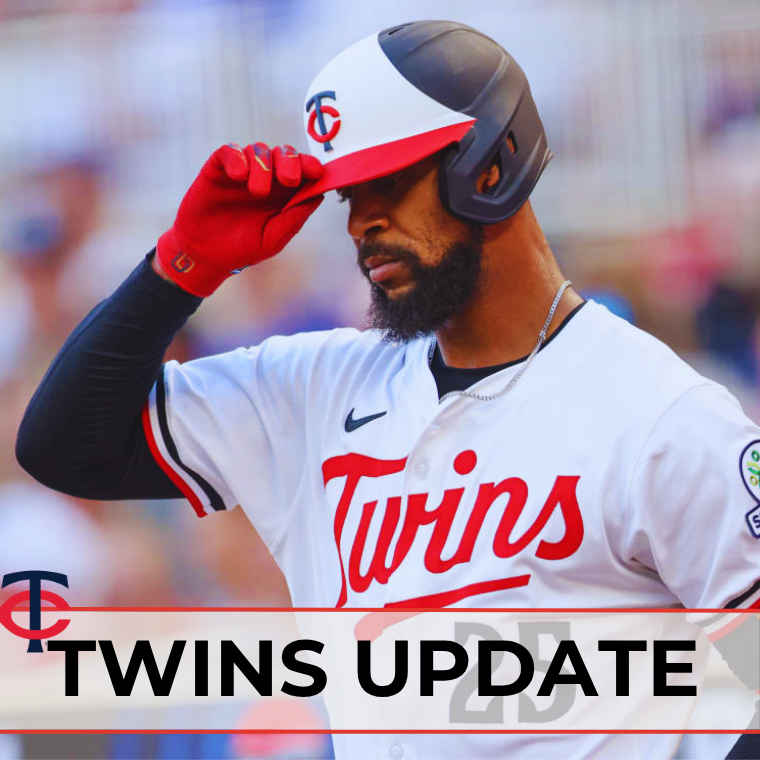Understanding Olodumare: The Supreme Deity in Yoruba Religion
Introduction to Olodumare and the Yoruba Religion
Olodumare stands as one of the most profound spiritual concepts within West African cosmology, specifically in the Yoruba religion. Revered as the Supreme Being , Olodumare is the source of all creation and the ultimate authority in the Yoruba religious system. This article will examine the religious context of Olodumare, explore how followers approach spirituality, and provide guidance on learning more about Yoruba religious traditions.
The Yoruba Religion: Foundations and Core Beliefs
The Yoruba religion is an indigenous spiritual tradition that originates from the Yoruba people of southwestern Nigeria and adjacent regions. This faith system is characterized by a polytheistic structure where many deities, known as Orishas, serve specific roles; however, Olodumare is universally recognized as the creator and sustainer of the universe, existing above all Orishas in authority and power [1] [2] . The Yoruba belief system intertwines cosmology, philosophy, and cultural values, emphasizing cooperation, respect for diversity, and the importance of destiny.
Who is Olodumare?
Within the Yoruba worldview, Olodumare is the omnipotent, omniscient, and omnipresent creator. Everything in existence-living or non-living-originates from Olodumare. Unlike the Orishas, who interact more directly with human affairs, Olodumare is considered distant, acting through these intermediary spirits [1] . Other names for Olodumare include Olorun and Olofin, which highlight different aspects of this supreme power [3] .
Olodumare’s characteristics include:
- Omnipotence : Unlimited power over creation
- Omniscience : Complete knowledge of all things
- Omnipresence : Present throughout the universe
Yoruba cosmology does not attribute human form or gender to Olodumare, and there are no direct rituals or temples dedicated solely to this deity. Instead, prayers and requests are typically made through the Orishas, who function as accessible intermediaries [3] .

Source: alamy.com
Yoruba Creation Myth and the Role of Olodumare
The Yoruba creation story positions Olodumare as the origin of everything. According to mythology, Olodumare created the Orishas and assigned them the task of shaping the world and guiding humanity [2] . Each Orisha governs specific elements of the natural and spiritual world, such as Ogun (iron), Obatala (wisdom and purity), and Olokun (the sea), but all derive their authority and power from Olodumare. This structure promotes harmony and cooperation, reflecting essential Yoruba cultural values.
In daily life, followers of the Yoruba religion honor Olodumare indirectly by respecting the Orishas, adhering to cultural customs, and striving to fulfill their destiny (known as “ayanmo”). The belief in a preordained destiny highlights Olodumare’s role as the ultimate arbiter of fate, guiding each individual’s path while allowing free will within certain bounds [2] .
Accessing Yoruba Religious Practices and Learning More
For those interested in learning about or participating in Yoruba religion, several pathways are recommended:
1. Community Engagement
You can connect with Yoruba religious communities both in West Africa and in diaspora regions such as the Americas and the Caribbean. These communities may host public festivals, educational workshops, and open ceremonies. To find local groups, consider searching for “Yoruba religion cultural center” or “Ifa studies group” in your area. Many larger cities have cultural associations or African spiritual centers that can offer guidance and resources.
2. Educational Resources
Numerous books, academic articles, and documentaries explore Yoruba spirituality. It is advisable to consult reputable sources, such as university libraries or academic publishers, for accurate and respectful information. Searching for terms like “Yoruba cosmology,” “Olodumare,” or “Orisha tradition” will yield comprehensive results. For verified and scholarly perspectives, consider starting with university anthropology or religion departments.
3. Online Information
There are established, accessible online resources that discuss Yoruba religion and the role of Olodumare:
- The Original Botanica blog provides in-depth explanations of Olodumare’s significance and how this deity is perceived within Yoruba tradition [1] .
- The Oriire platform offers insight into the creation myth and cultural context [2] .
- Wikipedia’s Ọlá»run article gives a summary of Olodumare’s role and attributes [3] .
If you seek additional academic perspectives, you can consult African religious studies journals or contact university departments with expertise in African spirituality.
4. Participating in Yoruba Rituals
While Olodumare is not worshipped directly, participation in Yoruba religious practice typically involves rituals, prayers, and offerings to the Orishas. These ceremonies are often led by trained priests or priestesses (known as Babalawos or Iyalawos) who interpret spiritual messages and facilitate communication with the divine. If you are interested in authentic participation, seek out reputable practitioners with recognized standing in the community. You may search for “Ifa priest near me” or consult cultural centers for recommendations.
Potential Challenges and Cultural Sensitivity
Engaging with the Yoruba religion and understanding Olodumare requires cultural respect and awareness. Some challenges include:
- Cultural Appropriation : Avoid treating the religion as a novelty or exotic curiosity. Engage with humility and prioritize learning from authentic cultural representatives.
- Language Barriers : Many traditional texts and teachings are in Yoruba or other African languages. Seek translations from reputable sources or work with bilingual practitioners.
- Misinterpretations : Western perspectives sometimes conflate Olodumare with the Christian God or Muslim Allah. While there are similarities, it is important to understand Olodumare within the specific philosophical and cultural context of Yoruba cosmology [3] .
When in doubt, prioritize direct engagement with Yoruba communities or academic experts to ensure respectful and accurate understanding.
Alternative Approaches and Related Traditions
Olodumare is recognized not only in the Yoruba religion but also in related spiritual systems throughout the African diaspora. Religions such as SanterÃa (Cuba), Candomblé (Brazil), and Lucumà (Caribbean) maintain the concept of a supreme creator similar to Olodumare. These faiths have adapted Yoruba beliefs to new cultural contexts while retaining core cosmological principles. If your interest extends to these related traditions, consider researching their distinct practices, terminology, and community structures.

Source: animalia-life.club
Key Takeaways
Olodumare is the supreme deity in the Yoruba religion, revered as the creator and sustainer of the universe. While followers do not worship Olodumare directly, this deity remains the ultimate source of all power and destiny within the faith. Approaching Yoruba religion with respect, seeking knowledge from established sources, and engaging authentically with practitioners are essential steps for anyone wishing to deepen their understanding of Olodumare and West African spirituality.
References
MORE FROM searchhole.com













